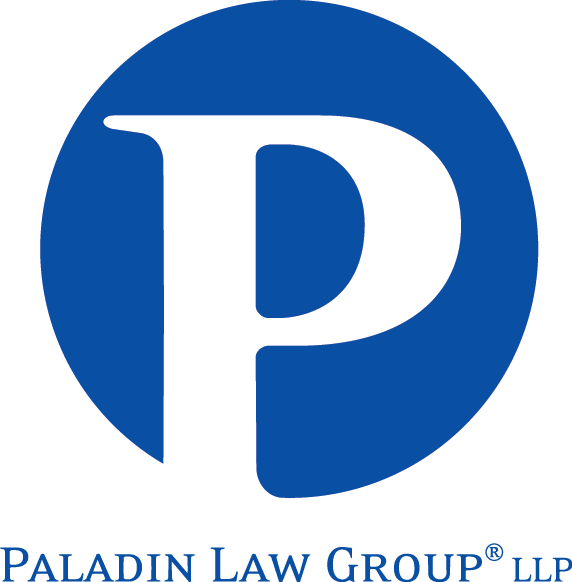Affirmative Defense for Setoff Could Constitute “Suit” Triggering Insurer’s Duty to Defend
- January 11, 2009
- Paladin Law Group® LLP
- Publications
- 0 Comments
By Bret A. Stone and John R. Till
Introduction
A California Court of Appeals recently found that an affirmative defense seeking a setoff could be the functional equivalent of a “suit” seeking damages within the standard duty-to-defend provisions in a comprehensive general liability policy (“CGL”). The decision in CDM Investors v. Travelers (2006) 139 Cal. App. 4th 1251, refines the literal approach adopted in Foster-Gardner, Inc. v. National Union Fire Ins. Co. (1998) 18 Cal. App. 4th 857. A petition for review has been filed.
Background
Insureds owned commercial real property that they leased to tenants. The California Regional Water Quality Control Board (“RWQCB”) ordered Insureds to test the property for pollutants after it concluded that they were suspected dischargers of pollutants causing damage to soil and groundwater in the vicinity of the property. Insureds tendered the claim to Insurers and requested insurance coverage for the costs to respond. Insurers denied coverage and Insureds paid an environmental consultant $230,000 to comply with the order. Insureds also filed a third party lawsuit against its former tenants under the Comprehensive Environmental Response, Compensation, and Liability Act (“CERCLA”), 42 U.S.C. § 9601 et seq. in federal court to apportion liability for the response costs. In their affirmative defenses, the tenants sought to apportion responsibility to Insureds. Again, Insurers denied coverage.
Insureds then sued Insurers alleging that coverage existed and seeking reimbursement for the response costs. Insureds contended that the affirmative defenses were the functional equivalent of a counterclaim and that Insurers had a duty to defend them as to those affirmative defenses by characterizing them as a suit seeking damages.
Legal Discussion
The California Supreme Court adopted a “literal” approach to interpreting a “standard” CGL provision imposing on the insurer the duty to defend the insured in a “suit seeking damages.” Foster-Gardner v. Nation Fire Ins. Co. (1998) 18 Cal. 4th 857, 869. The court held that this provision limited the insurer’s duty to defend to a “civil action prosecuted in a court,” and did not extend to a proceeding conducted before an administrative agency. Id. at 878-888.
In Construction Protective Services, Inc. v. TIG Specialty Ins. Co. (2002) 29 Cal. 4th 189, Supreme Court modified the Foster-Gardner rule inasmuch as it considered (without deciding) the possibility that an affirmative defense for a setoff could amount to a suit for damages because for accounting purposes, the effect was no less a monetary recovery than would be a damages award.
Following this reasoning, CDM Investors found “that a setoff affirmative defense could constitute a suit seeking damages for purposes of a CGL policy if the affirmative defense (1) would unquestionably have been a suit for damages if asserted in a court of law, and (2) fell within the scope of the contractual obligation.” CDM Investors, 139 Cal. App. 4th at 1269. The court, however, found that under the facts before it, the first prong was not satisfied because the tenants did not have a claim against Insureds other than as a setoff payment for the liability alleged against them. The court found that Insureds sued the tenants for indemnity as to an obligation imposed upon it by the RWQCB and the tenants countered with an indemnity claim against Insureds. In this posture, the court found that the tenants’ indemnity claim was purely defensive — it sought and functioned only to impose upon Insureds what Insureds were already legally obligated for. It therefore could not be characterized as the functional equivalent of an allegation seeking affirmative relief that could have been asserted as a suit for damages, which, in turn, might constitute a suit for damages within the meaning of the usual CGL policy duty-to-defend provision.
Regardless of the actual holding in CDM Investors, this decision gives policyholders facing affirmative defenses for setoff something to tender to their insurers, and, under the right set of circumstances, obtain a defense.

Leave a Reply
You must be logged in to post a comment.